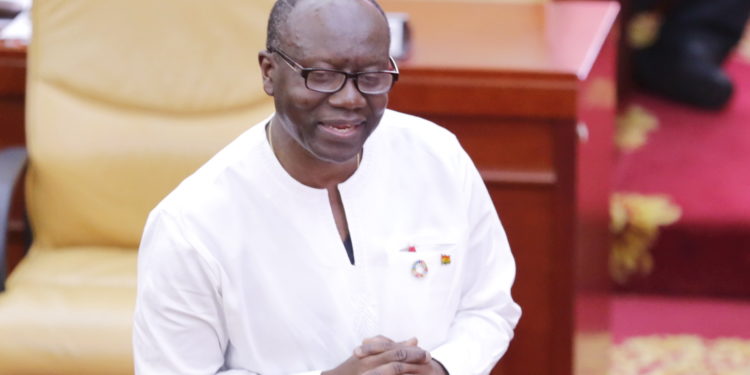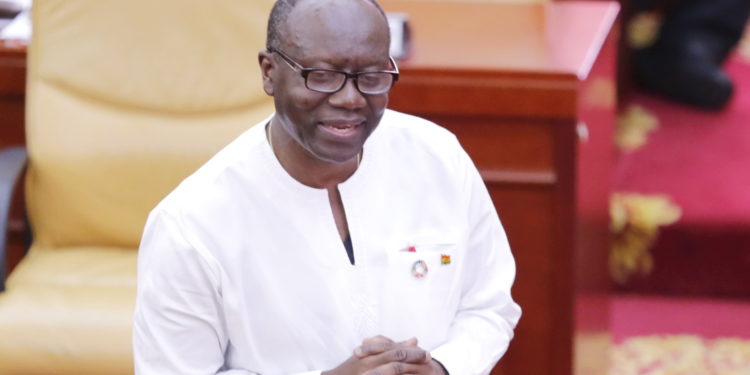Ghana: IMF forecasts reduction in fiscal deficit to 2.8% of GDP over the next five years
The International Monetary Fund (IMF) is forecasting a significant reduction in Ghana’s fiscal deficit as a percentage of Gross Domestic Product (GDP) over the next five years.
This positive outlook is driven by a substantial decrease in government expenditure and an expected increase in revenue. The IMF’s October 2023 Fiscal Monitor report reveals a promising fiscal trajectory for Ghana.
In 2023, the fiscal deficit-to-GDP ratio is projected to be 4.6%, a remarkable improvement from the 11.2% recorded in 2022. This is a substantial shift from 2020 and 2021 when the fiscal deficit as a percentage of GDP stood at 17.4% and 12.0%, respectively.
The trend is expected to continue with the deficit falling to 4.1% of GDP in 2024 and decreasing further to 3.5% of GDP in 2025 and 3.0% of GDP in 2026. It is forecasted to decline even more to 2.6% of GDP in 2027 and 2.8% of GDP in 2028.
These figures indicate that the government has adopted a more conservative approach to budget spending in 2023, in line with the IMF Program, which emphasizes revenue mobilization.
This approach is also reflected in the second-quarter growth rate, where certain sectors, such as Construction, which heavily relies on government spending, experienced a contraction of 11.7%.
Additionally, the primary balance is estimated to reach 0.1% of GDP, representing a notable improvement from the 3.7% deficit recorded in 2022.
Over the next five years, a surplus in the primary balance is anticipated. This positive outlook is attributed to the expectation of robust revenue growth and reduced expenditure in 2023.
































